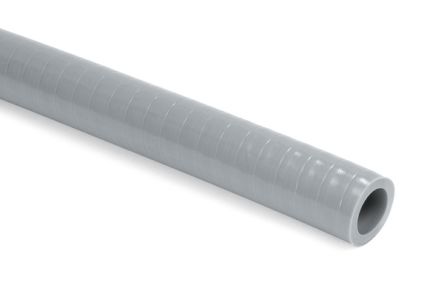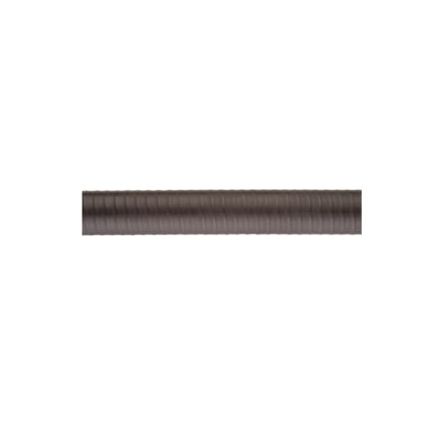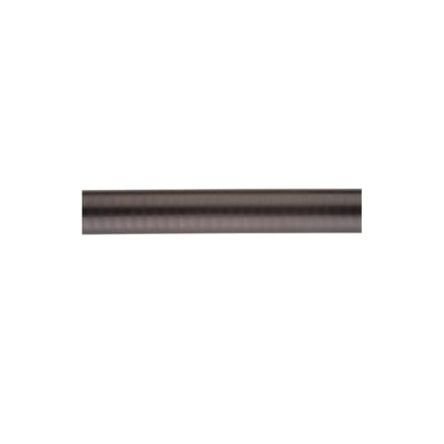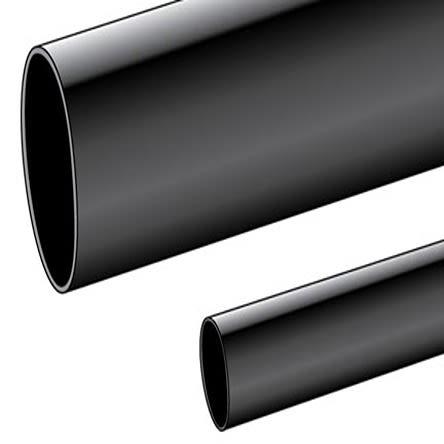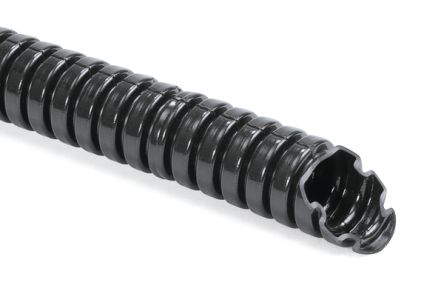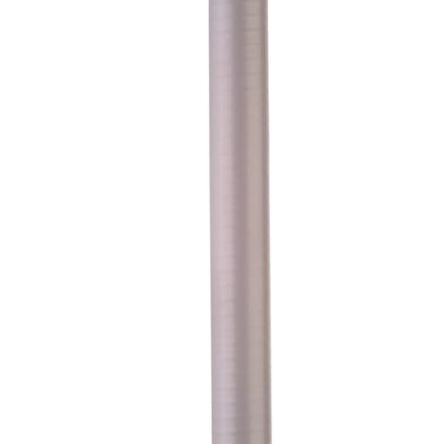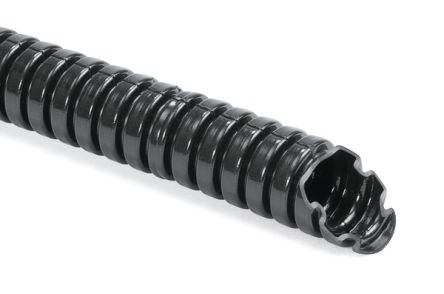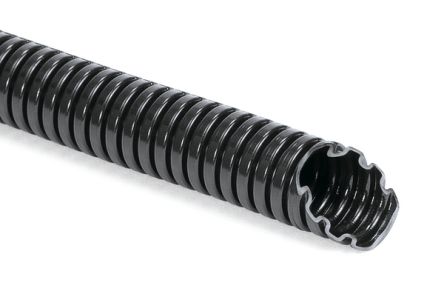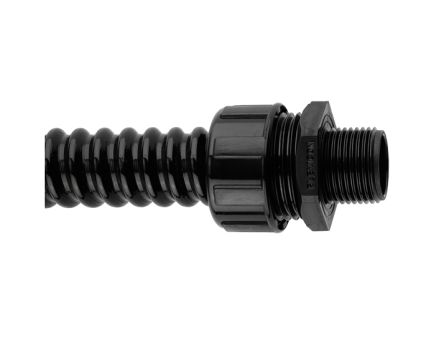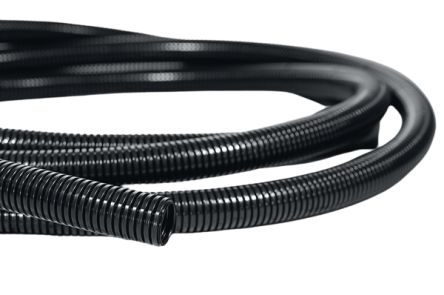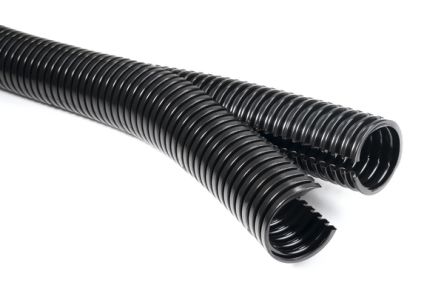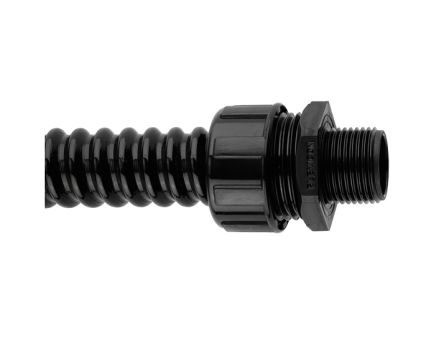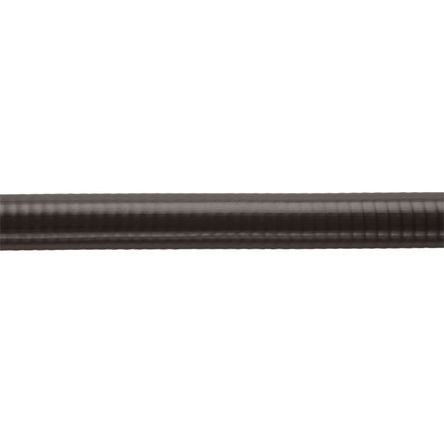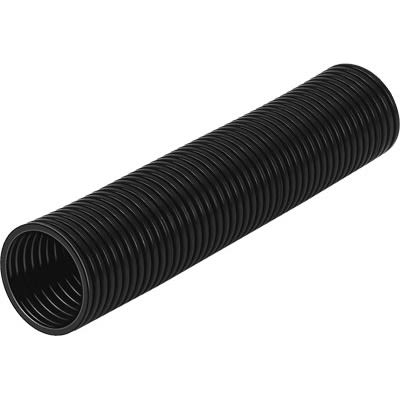- Automation & Control Gear
- Cables & Wires
- Enclosures & Server Racks
- Fuses & Circuit Breakers
- HVAC, Fans & Thermal Management
- Lighting
- Relays & Signal Conditioning
- Switches
- Batteries & Chargers
- Connectors
- Displays & Optoelectronics
- ESD Control, Cleanroom & PCB Prototyping
- Passive Components
- Power Supplies & Transformers
- Raspberry Pi, Arduino, ROCK, STEM Education & Development Tools
- Semiconductors
Conduit
What are Conduits?
Conduit is tubing used to enclose and protect electrical wires that supply power to a home or a building. Electrical conduits are made from plastic, steel, galvanized steel, nylon, PVC, polypropylene and steel spring wire, providing a channel for single or multiple cables.
Cable conduit is a type of tubing providing tidy protection, support, management and structure for cables and wires. Wire conduit is perfect for electrical cable, running underground, through walls or when cables need protecting in an exposed open area. For more information, check out our conduit guide.
Types of Conduits
- FMC (flexible metallic conduit) strong, hardwearing conduit tube. Provides good cable protection, flexibility but is not waterproof, so good for dry indoor locations. The construction of FMC allows it to pass through walls and other channelled structures.
- LFMC (liquid-tight flexible metal conduit) flexible conduit with a plastic coating, protecting cables and wires from moisture. LFMC is ideal when used with sealed fittings giving you watertight outdoor protection.
- RMC (rigid metal conduit) a galvanized steel tube that requires threaded fittings. A heavy-duty conduit providing great protection, indoors and out, of electrical cables and other equipment.
- IMC (intermediate metal conduit) same as RMC, used for the same applications. This conduit is lighter and is made from thinner steel plus easier to work with.
- EMT (electrical metal tubing) is made from aluminium and galvanized steel. This electrical conduit pipe is also known as thin wall as it is flexible enough to be bent to shape. Used indoors in residential and commercial applications.
- ENMT (electrical non-metallic tubing) resistant to moisture and fire, flexible plastic tubing with a corrugated structure allowing it to bend. This conduit is easy to install with fittings but must not be installed in exposed areas, perfect when fitted into walls and solid channelled structures.
- PVC (rigid polyvinyl chloride) can be bent into shape using heating tools and requires suitable fittings and adaptors. PVC is available in rigid and flexible formats.
What are the advantages of Conduit Wiring?
- Conduit Wiring is a safe reliable wiring method
- Can be used in cold humid places as insulated
- Easy to maintain
- It has a long-life span
- Provides good protection to conductors from impact, moisture, and chemical vapours

